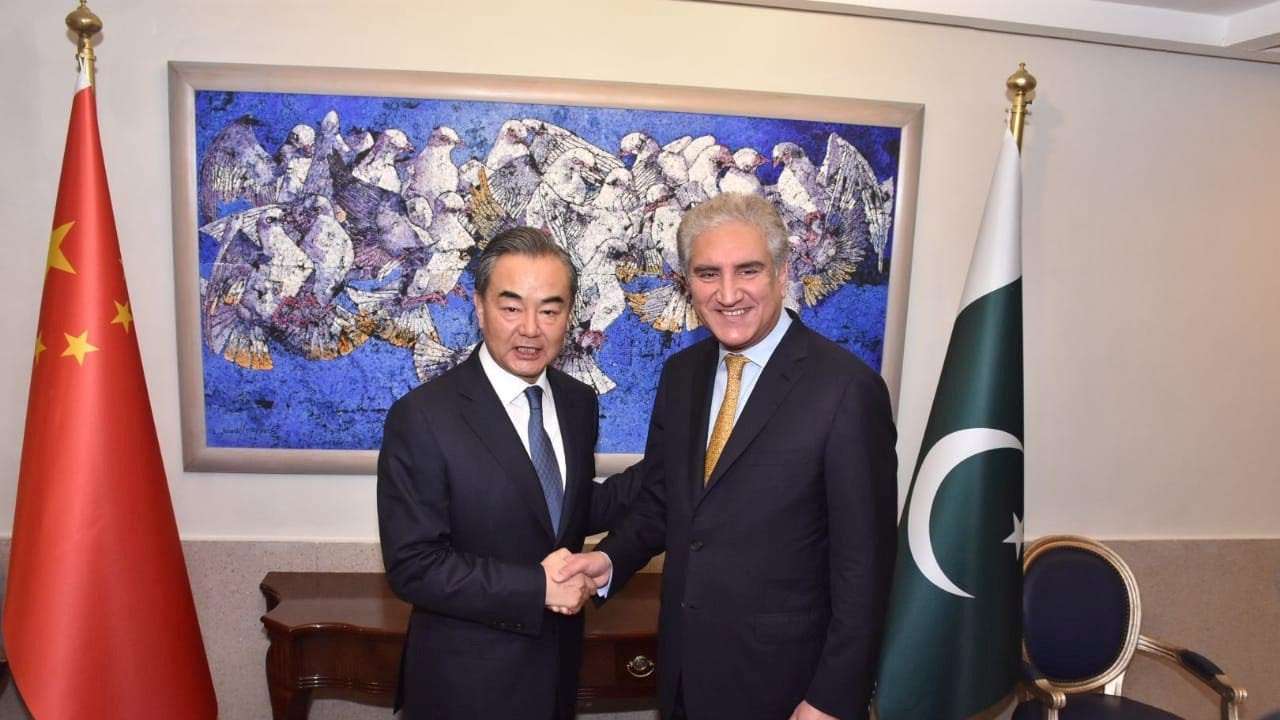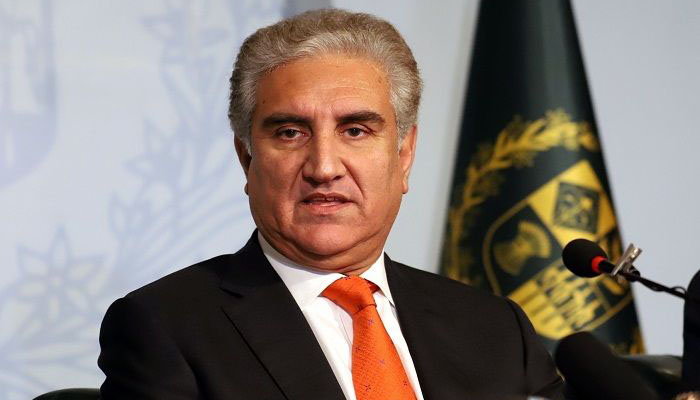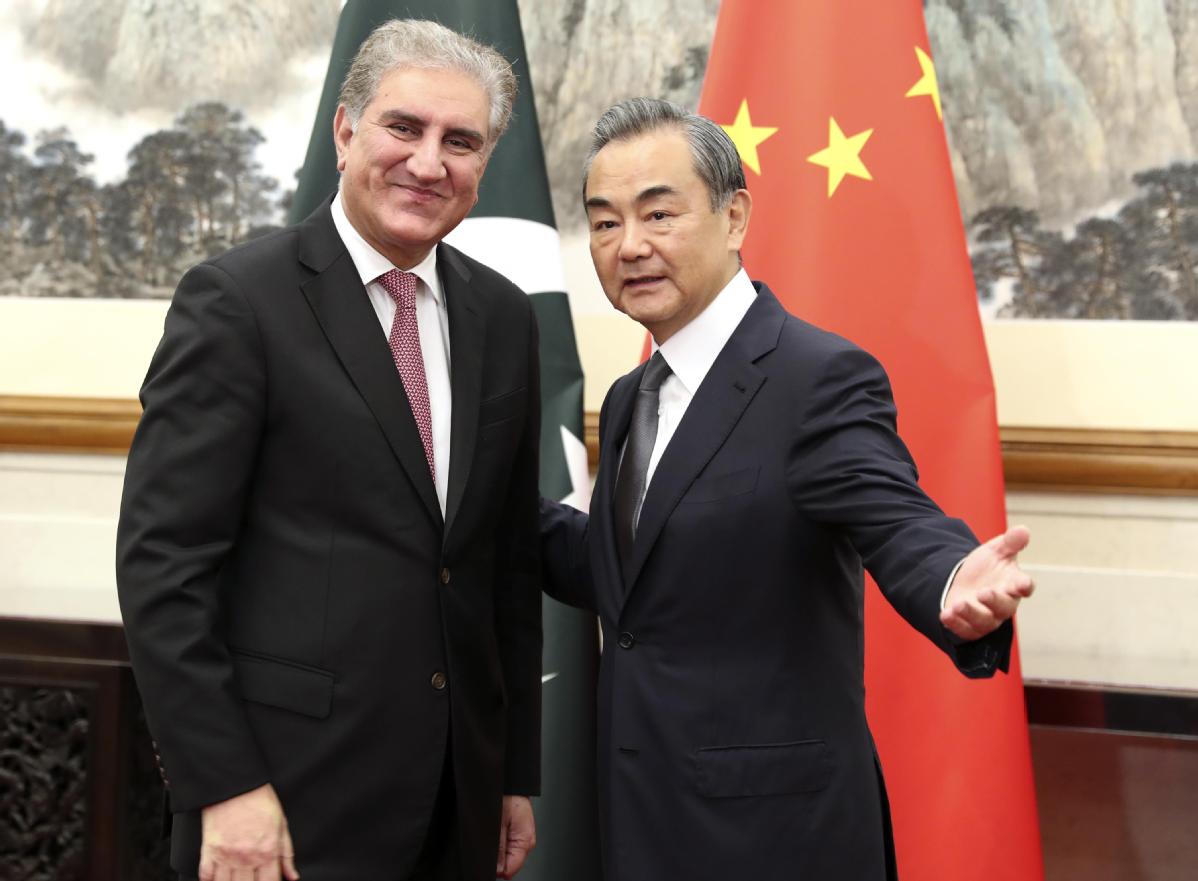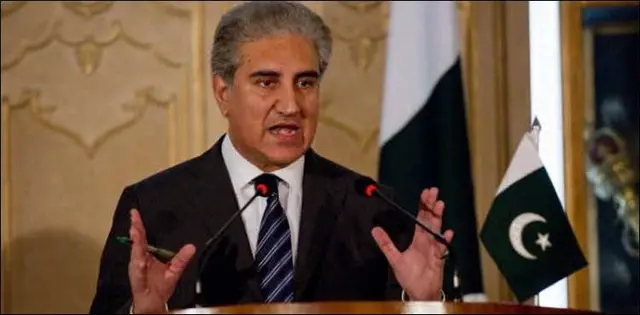Editor's note:
The writer, Mr. I. Hussain Janjua is a senior media professional and analyst having experience of research & broadcast journalism in different organisations. He is a non-resident fellow of Chengdu Institute of World Affairs (CIWA). (Email: [email protected]; twitter: @ihussainjanjua)
Pakistan-India relations have never achieved normalcy Jammu and Kashmir being the core issue raising tensions and concerns of a serious military confrontation between the nuclear-armed neighbors.
In August last year, following a deployment of tens of thousands of additional troops and paramilitary forces to the region, the Indian government revoked Article 370 and 35-A of the Indian constitution, removing the special status of Jammu and Kashmir.
Under illegal Indian control J&K has been the bone of contention in the South Asian region which now is regarded by India as its integral part although New Delhi itself had knocked at the doors of United Nations Security Council to resolve the dispute and had agreed to hold plebiscite to give the people their right to self-determination.
Pakistan has strongly rejected the Indian reaction calling it "unwarranted and irresponsible" comments on the Joint Press Release of the Second Round of China-Pakistan Foreign Ministers’ Strategic Dialogue.

The Indian Ministry of External Affairs contentions about Indian Illegally Occupied Jammu and Kashmir (IIOJK) being the so-called “integral and inalienable part” of India and an “internal affair” are a laughable fiction, totally contrary to historical and legal facts and in violation of the relevant United Nations Security Council (UNSC) Resolutions, the Foreign Office said.
The Foreign Office also categorically rejected India’s malicious propaganda against the China-Pakistan Economic Corridor (CPEC), which is another manifestation of desperate Indian attempts to mislead the world community.
"India has no locus standi on the issue – historical, legal or moral. The regurgitation of false claims by India can neither change facts nor divert attention from India’s state-terrorism in the IIOJK and its egregious violations of human rights of the Kashmiri people," it said.
Pakistan and China in a joint statement issued after the visit of Foreign Minister Shah Mahmood Qureshi to Beijing had called for the resolution of Kashmir dispute in line with relevant UN resolutions and other agreements --- urging the parties not to take any unilateral steps that may further complicate the longstanding dispute.

Both the countries also reiterated that the enduring China-Pakistan All-weather Strategic Cooperative Partnership is beneficial to international and regional peace and stability, and serves the mutual security and development interests of both the countries as well as of international community and regional countries.
In fact, Pakistani Foreign Minister’s visit to China was a timely reaffirmation of Islamabad-Beijing ties. Kashmir was certain to figure prominently in Mr Qureshi’s talk with his Chinese counterpart, Mr Wang Yi, and it did, along with other issues such as CPEC. Not least important on the agenda was the scheduled visit of President Xi Jinping to Islamabad.
The meeting of the long-time allies came against the backdrop of major international events, including the mid-June border skirmish between China and India, the most serious incident of its kind in the last 50 years of a tense relationship. The clash had raised the specter of diplomats from various countries entering the scene and playing a power game with cold, calculated realignment being the ultimate buzzword.
The Chinese reiterated that the Kashmir issue is a dispute left from history, and should be properly and peacefully resolved based on the UN Charter, relevant UN Security Council resolutions and bilateral agreements, expressing opposition to unilateralism, protectionism and coercive practices that could complicate the situation.

This is also significant that both the sides expressed their commitment to firmly implement the consensus reached between the two leaders, enhancing mutual strategic trust, strengthening all-round cooperation, maintaining momentum of high-level exchanges, further advancing construction of the BRI, promoting bilateral relationship to a higher level, and delivering greater benefits to both countries and the two peoples.
It may also be a matter of concern for New Delhi that cooperation on regional and international issues at multilateral fora such as the UN, Shanghai Cooperation Organization and Asean Regional Forum was matter of satisfaction for both the countries as they agreed to further deepen coordination and cooperation to safeguard mutual interests and uphold principles of fairness and justice.
New Delhi is actually feeling the heat as it feels being isolated for which it is itself to blame as it harbors aggressive intentions against its neighbors --- a threat to peace in the region while the extremist sentiments of the Indian leadership are also contributing towards destabilizing and weakening India with each passing day.
Also, it is a known fact and India is itself aware of that it has opened up several fronts within the country and adopting all means to crush internal strife, chaos and disturbances and to divert world attention from its wrongdoings rather resorting to mudslinging and other negative practices to serve its ends.
The MEAreaction to the joint statement issued at the conclusion of FM Qureshi’s Beijing visit: “We reject the reference to Jammu and Kashmir after the recent visit of Pakistani Foreign Minister Shah Mahmood Qureshi. J&K is an integral part of India” is just one aspect of the story. In fact, the recent phenomenon of China Pakistan Economic Corridor has bamboozled India and its allies.
(ASIA PACIFIC DAILY)
 简体中文
简体中文

